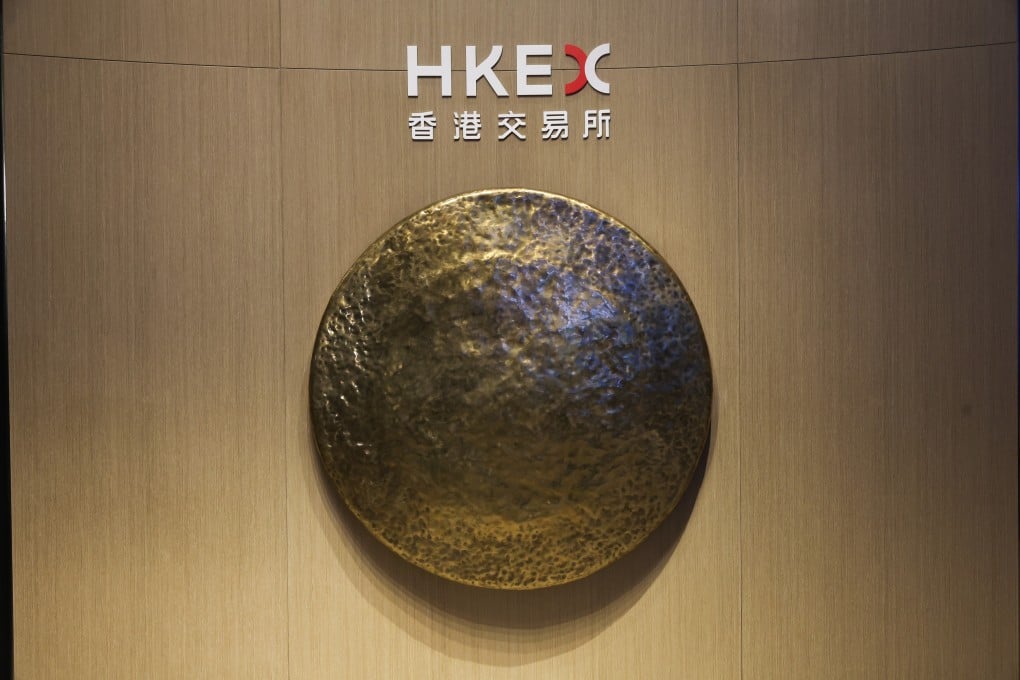The View | Why an IPO recovery would mean so much to Hong Kong
- It would bring back the ‘feel good’ factor, encourage wealth creation and risk-taking, and multiply capital for innovative Chinese firms

Every financial centre covets IPOs, but a healthy stream of listings would have a particularly significant impact here in Hong Kong. Of course, it would boost trading volumes on the exchange and create wealth for the founders of and early investors in the newly listed companies. But the recovery of the IPO market would have further-reaching consequences.
It would drive the local economy by supporting the return of upside risk takers and the city’s established wealth-creation dynamics. It would also have a multiplier effect on the availability of local and global capital for innovative Chinese companies by allowing venture capital and private equity investors to redeploy capital to new investments.
And liquidity begets liquidity: more listed stocks would mean more assets that can be used by shareholders to secure financing for purposes such as investment in new ventures and refinancing expensive corporate debt.
